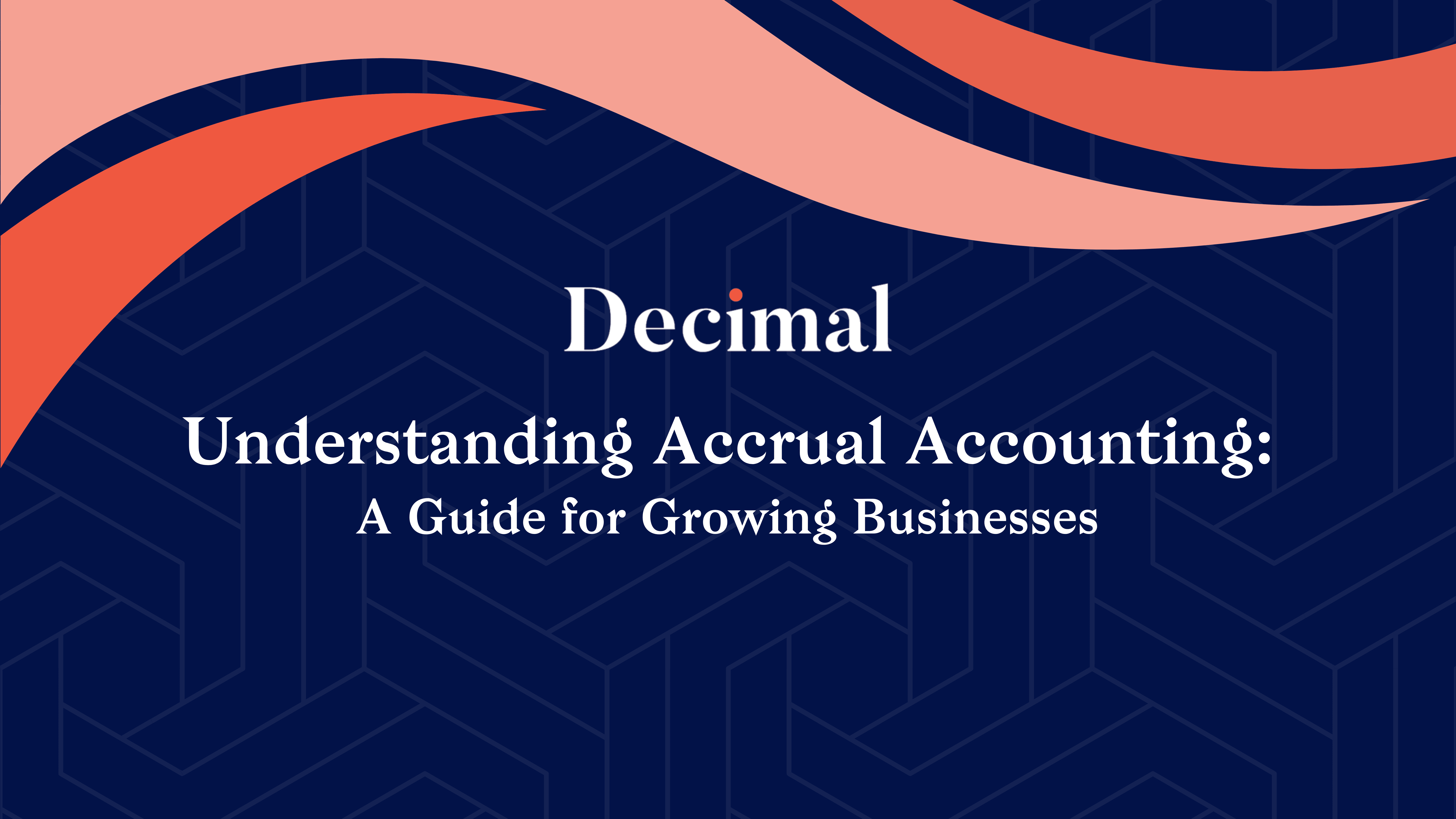What Is Accrual Accounting?
Accrual accounting records revenue when it is earned and expenses when they are incurred, regardless of when cash changes hands. This method contrasts with cash accounting, where transactions are only recorded when cash is received or paid.
By aligning income and expenses with the period in which they occur, accrual accounting offers a more accurate picture of a business’s profitability and financial health.
Why Accrual Accounting Matters
Accrual accounting enables businesses to:
- Recognize revenue in the period services are performed or goods are delivered
- Match expenses with the revenue they help generate
- Monitor profitability over time rather than relying on cash flow timing
- Prepare financial statements that comply with generally accepted accounting principles (GAAP)
This level of precision is especially important for businesses with accounts receivable, prepaid expenses, inventory, or subscription-based revenue.
Key Concepts in Accrual Accounting
To fully implement accrual accounting, businesses need to understand and apply these core principles:
Accounts Receivable: Track revenue that has been earned but not yet collected. This reflects what customers owe for delivered goods or completed services.
Accounts Payable: Record expenses that have been incurred but not yet paid. This includes vendor invoices and other obligations awaiting settlement.
Prepaid Expenses: Recognize costs such as insurance or rent that are paid in advance and expensed over time based on usage.
Deferred Revenue: Track customer payments received before goods or services are delivered. This liability ensures revenue is recognized only when earned.
Accruals: Capture income or expenses not yet invoiced or paid but incurred in the reporting period. Examples include accrued payroll or utilities.
Benefits for Growing Businesses
As a business grows, accrual accounting provides the structure and transparency needed for financial control. It allows you to:
- Produce more meaningful financial statements for internal planning or external stakeholders
- Forecast cash flow more accurately based on future receivables and payables
- Prepare for external financing or investor reporting, which often requires GAAP-compliant statements
Align financial reporting with complex billing cycles, project milestones, or multi-period contracts
Using accrual accounting also reduces surprises at tax time and supports better alignment with fiscal-year planning.
When to Transition from Cash to Accrual Accounting
Many businesses start with cash-based accounting for simplicity, but certain milestones signal the need to transition. These may include:
- Reaching $25 million or more in average gross receipts over three years (triggering IRS requirements for accrual)
- Scaling operations across multiple locations or entities
- Managing a growing volume of customer invoices or vendor obligations
- Seeking investment, loans, or preparing for an audit
Consult with a financial advisor or CPA to determine the right timing and approach for your transition.
Best Practices for Implementation
To adopt accrual accounting successfully:
- Set up your chart of accounts to track receivables, payables, and accruals separately
- Establish consistent policies for recognizing revenue and expenses
- Use accounting software that supports accrual tracking and reporting
- Train your team on the timing and treatment of accrual entries
- Reconcile accounts regularly to ensure data accuracy
Accurate accrual accounting requires discipline and attention to detail, but the insights it provides are worth the investment.
Conclusion
Accrual accounting gives growing businesses a more complete and reliable view of financial performance. By recording transactions when they are earned or incurred—not just when cash moves—you gain the clarity needed to drive strategy, manage risk, and comply with reporting requirements.
If you’re looking for expert guidance to simplify your tax filing process, schedule a time with a Decimal expert at https://www.decimal.com/contact-us.
Getting started in days.
Ready to simplify your accounting? Schedule a call with our team and explore your options. We’d love to hear from you!

